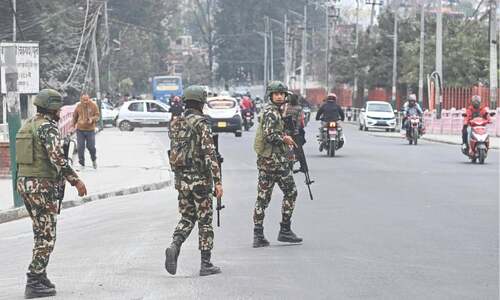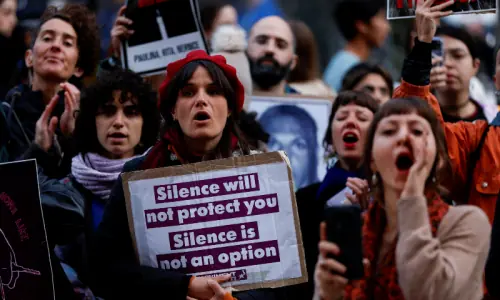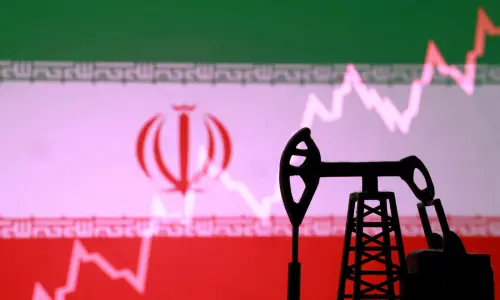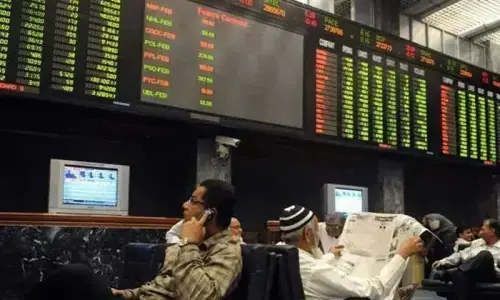VIENNA: Iran remains in compliance with the landmark 2015 nuclear deal, a UN watchdog report showed on Monday, four weeks after US President Donald Trump refused to certify the agreement.
The quarterly International Atomic Energy Agency (IAEA) update confirmed that key parameters of Iran’s nuclear programme remained within the limits of the accord with major powers.
The restricted report said Iran “has not enriched” uranium above low levels and that its stockpile of enriched uranium was under the agreed limit of 300 kilograms.
Uranium when “enriched” to high purities can be used in a nuclear weapon. At low purities it can be used for peaceful applications such as power generation, Iran’s stated aim.
The new IAEA report said that the number of enrichment centrifuges installed at Iran’s Natanz site remained below the upper limit of 5,060 during the reporting period.
The volume of heavy water — a reactor coolant — remained below the agreed maximum of 130 tonnes throughout the past three months and on Nov 6 was 114.4 tonnes.
Iran has gone above that ceiling twice since the deal came into force in January 2016.
Iran removed and rendered inoperable the core of the Arak reactor — which could in theory have given Iran weapons-grade plutonium, before the accord entered into force. The IAEA assessment showed that, aside from on heavy water, a relatively minor breach, Tehran has complied with the deal since its entry into force in January 2016.
However, on Oct 13 US President Donald Trump refused to certify the deal, saying it was not in the US national interest and leaving the accord’s fate up to Congress.
The decision gave the Republican-controlled Congress 60 days — which run out in mid-December — to decide whether to re-impose sanctions on the Islamic republic.
Trump warned that the agreement would be “terminated” at any time if US lawmakers and the other signatories fail to address its “many serious flaws”.
According to Trump, these include “sunset clauses” that see key provisions expire in 10-15 years, “insufficient enforcement” and a “near total silence” on Iran’s ballistic missile programme.
Published in Dawn, November 14th, 2017





























